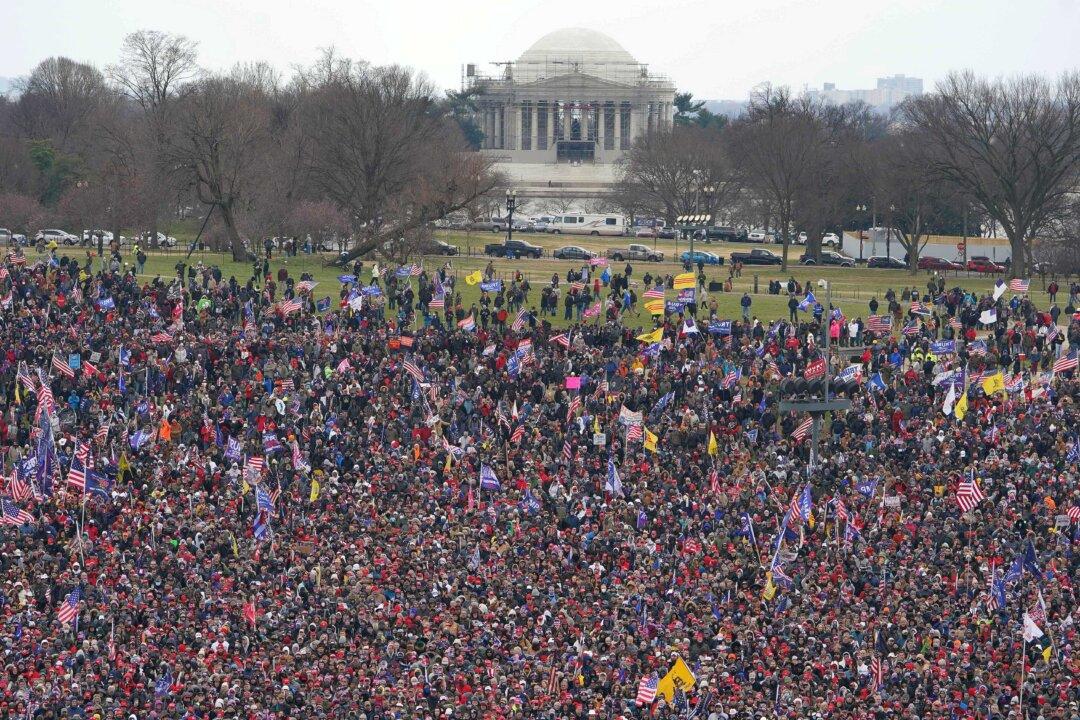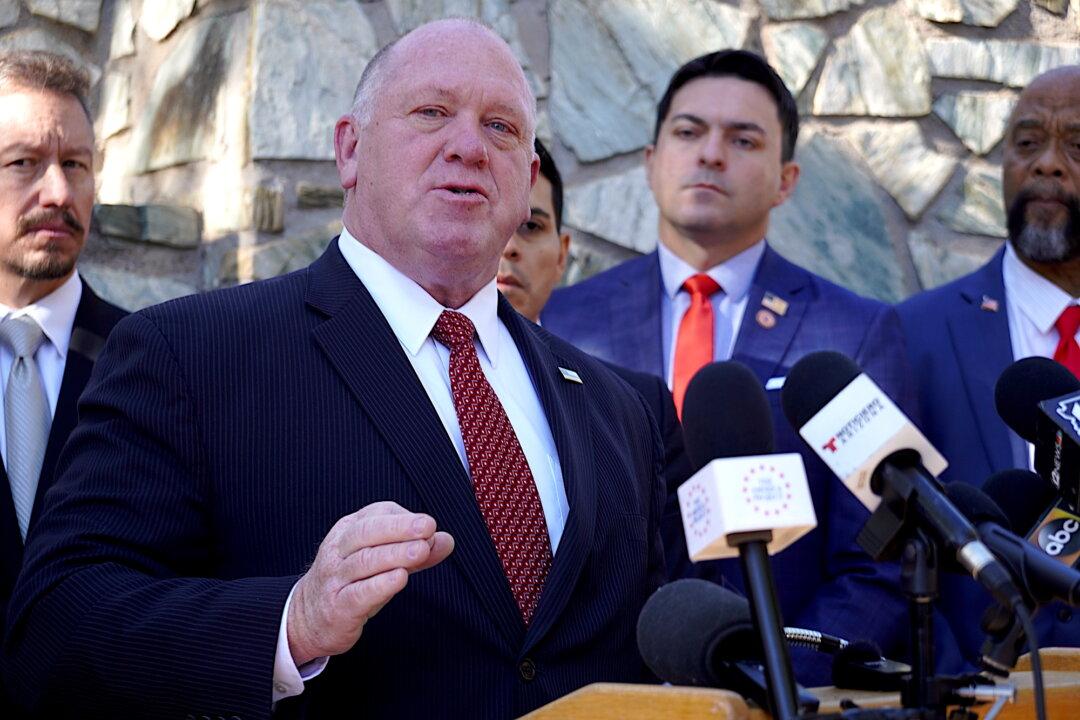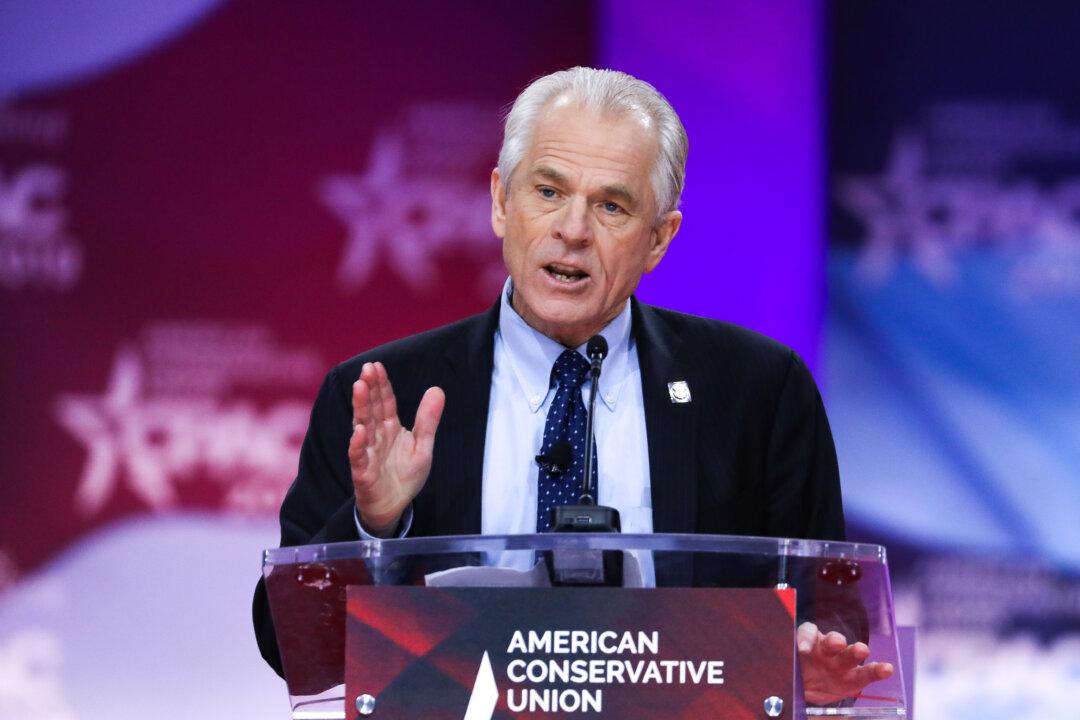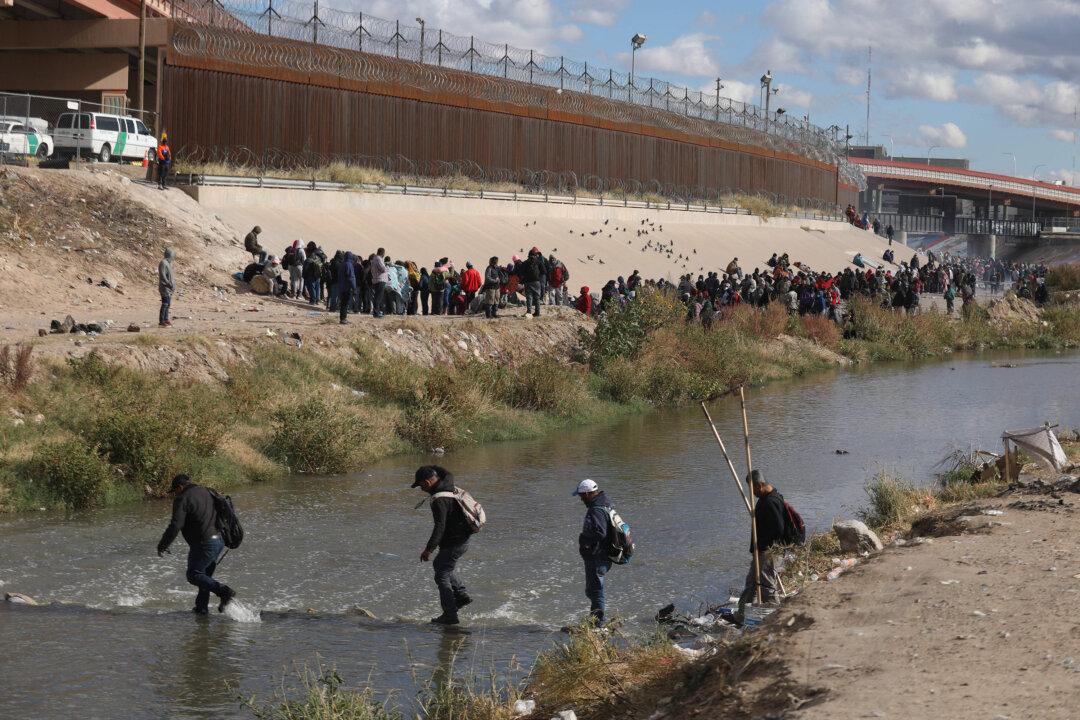Commentary
“Peter Navarro releases 36-page report alleging election fraud ‘more than sufficient’ to swing victory to Trump … A great report by Peter. Statistically impossible to have lost the 2020 Election. Big protest in D.C. on January 6th. Be there, will be wild!”





